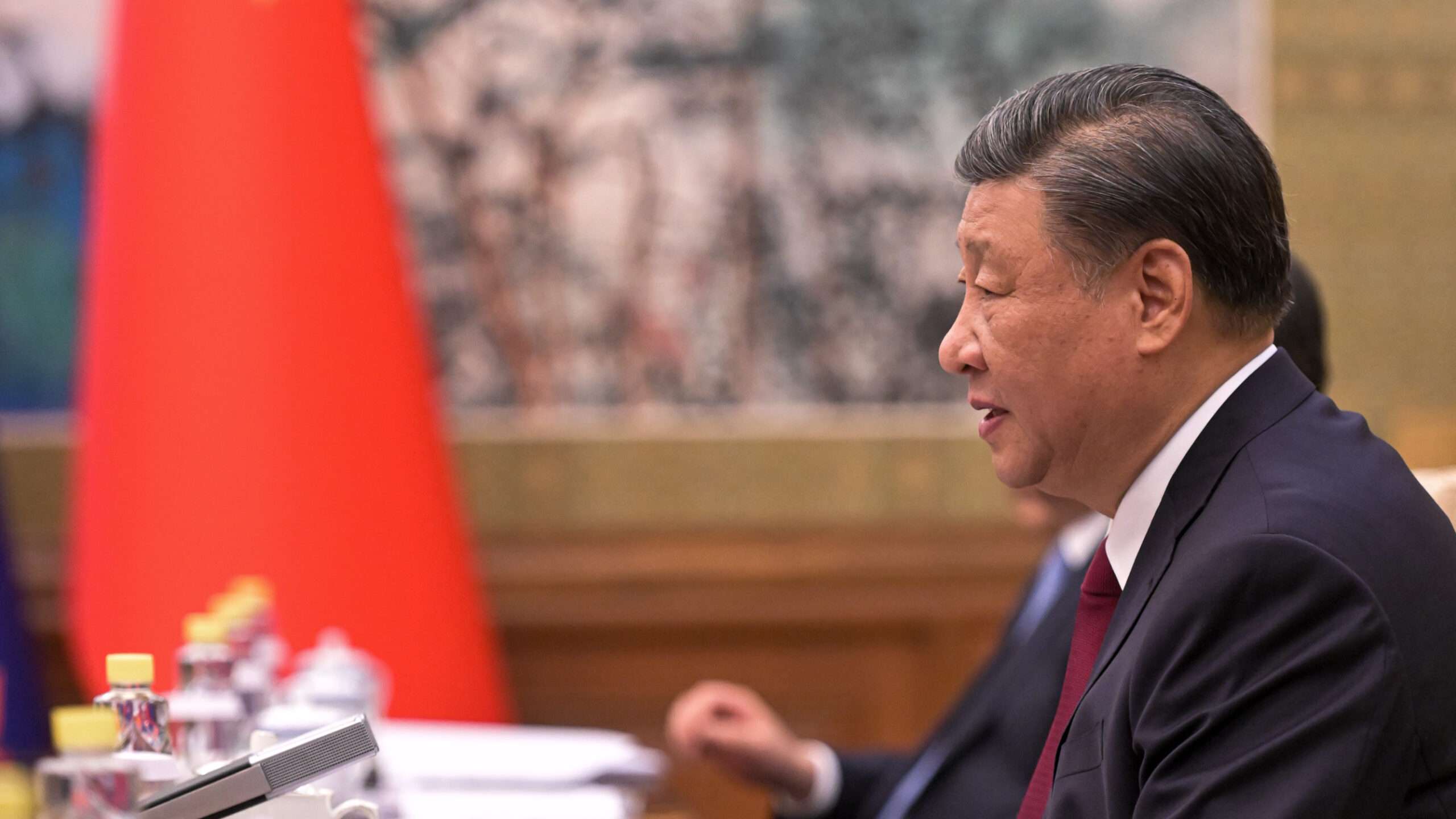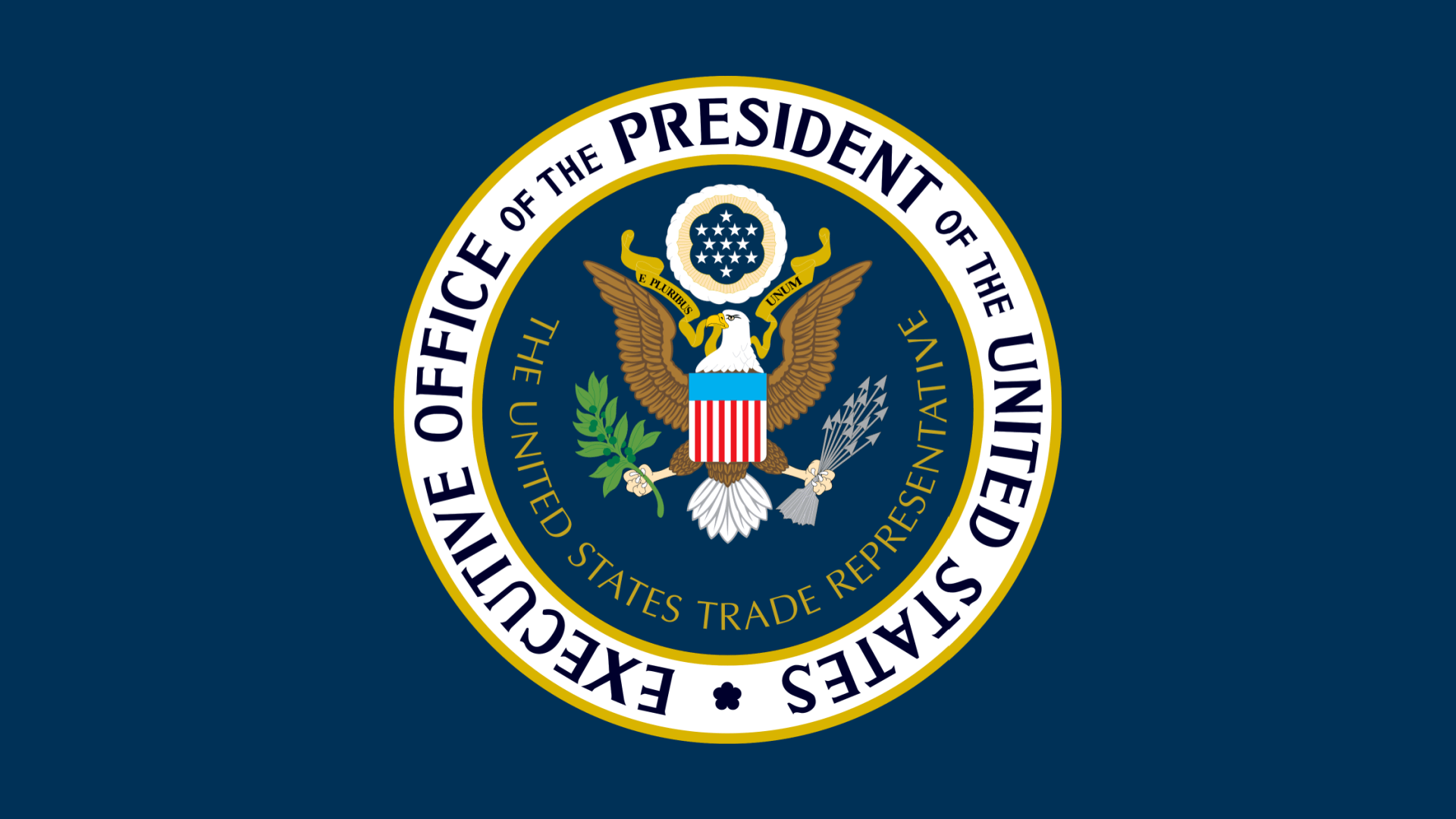
Senator Blackburn and Ossoff’s De Minimis Bill is Seriously Flawed
While the bill’s title suggests a crackdown on the unfolding de minimis catastrophe, in reality it would handcuff CBP’s ability to do anything about it.
CPA’s China Project seeks to bolster U.S. economic and national security by challenging a foundational element of the Chinese Communist Party’s (CCP) ability to govern and even exist: Chinese companies’ unfettered access to trillions of dollars via selling and trading their securities in U.S. capital markets.
Currently, Chinese companies are able to raise trillions of dollars from U.S. investors by selling and trading their securities in our capital markets, as well as through passive investment products like Mutual Funds and Exchange Traded Funds. This allows China to fund its state-sponsored genocide, military aggression, surveillance state, and other malign activities through the trillions of dollars that Americans invest in Chinese companies through U.S. capital markets.

✪
The U.S. government retirement system for the entire federal workforce - the Thrift Savings Plan - helps fund China.These are the pension funds managed for the military, veterans, intelligence and Congress.
✪ The TSP enables investing in dangerous and un-vetted Chinese companies through its traditional funds (the I-Fund) and a new “mutual fund window”. This also gives the green light to the private sector financial managers to continue including China in pension portfolios.
✪ Congress should require the TSP to exclude China.

✪
Chinese stocks traded in China are also called “A Shares” and appear in most American individual investor portfolios through indexes and exchange traded funds.
✪ At least 4,000 in number, these companies are subject to CCP control, include many bad actor companies and don’t comply with U.S. securities laws and investor protection standards.
✪ American financial companies should be prohibited from offering A-shares in investment portfolios as a national security and investor protection measure.

✪
The U.S. has a hodgepodge of lists that sanction foreign - including Chinese - companies for bad behavior. But lack of harmonization for more comprehensive sanctions hinders the efficacy of the lists' purposes.
✪ The Commerce Dept “Entity List” has export sanctions but not capital market sanctions. Treasury’s NS-CMIC list has capital market sanctions but not an import ban. The UFLPA forced labor list has import bans, but not capital market prohibitions.
✪ Congress should pass legislation to harmonize these lists and impose all sanctions (investment, import and export) when any company appears on any list.

✪
Millions of Americans unwittingly invest in Chinese companies that are human rights abusers despite the State Department determination that China is committing state-sponsored genocide against the Uyghurs.
✪ Congress should require the State Department to name companies that abuse human rights and require Treasury to apply capital market sanctions to them. Sanctions should cover the whole corporate family, not just an implicated subsidiary or division.

✪
The HFCAA became law in December 2020, purportedly requiring Chinese companies listed on U.S. exchanges to comply with U.S. audit rules and standards.
✪ The Public Company Accounting Oversight Board (PCAOB) and the SEC frustrated the intent of Congress by agreeing to a secret deal with Chinese Securities Regulators to avoid Chinese companies being de-listed.
✪ Congress should strengthen the HFCAA to require full compliance with U.S. audit rules and prevent secret deals with China.

✪ The Chinese government raises money in our financial markets by issuing bonds in U.S. dollars. The funds raised go directly to the CCP for discretionary spending.
✪ The U.S. issued Liberty Bonds during World War II to fund our war effort. The Chinese bonds are, in essence, “Anti-Liberty” bonds.
✪ Congress should prohibit hostile governments like China from issuing bonds in our sovereign currency to fund their activities.

While the bill’s title suggests a crackdown on the unfolding de minimis catastrophe, in reality it would handcuff CBP’s ability to do anything about it.

Biden’s signature climate change-related spending policy, the Inflation Reduction Act, is said to be going under the knife once Trump takes office in January. But with Republican districts now full of solar, and solar manufacturing facilities, the real risk is changes to the so-called 45X tax credit.

The takeaway from the roughly 90 minute hearing titled “Rebuilding the Arsenal of Democracy” was that the government needed long term contracts and more money to build up defense systems because, based on war games conducted by the Center for Strategic and International Studies, the U.S. struggled to hold its own.

Peter Navarro played a key role in the first Trump administration in advancing pro-American trade policies and leveling the playing field for U.S. industry. His return signals a serious commitment to prioritizing American manufacturing and economic independence.

It is now time for the Senate to act swiftly and ensure that this bill becomes law, empowering the DOJ to effectively prosecute international trade crimes and protect American industry.

CPA looks forward to working with Jamieson Greer to advance a robust trade agenda that prioritizes domestic production, holds trade violators accountable, and strengthens America’s industrial base.